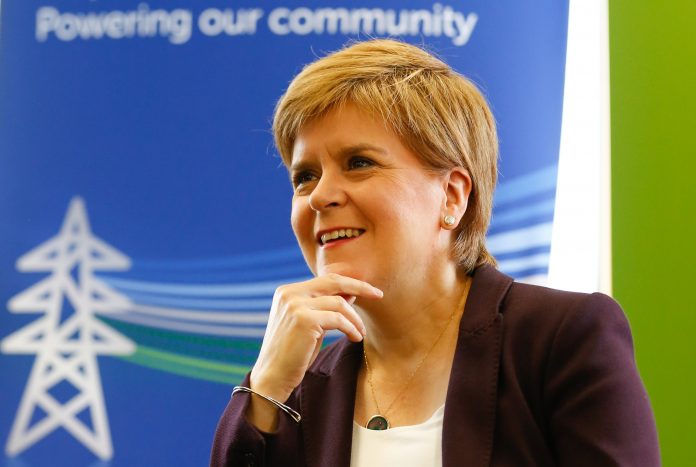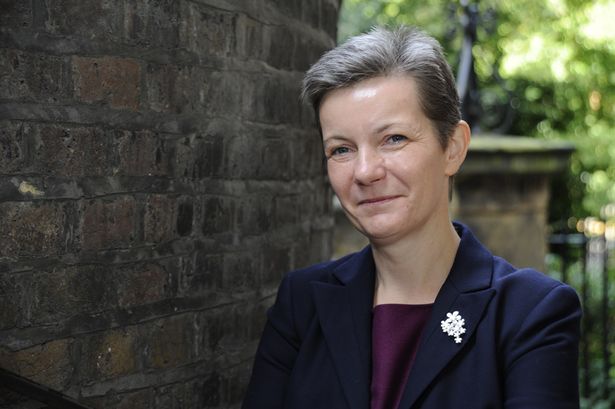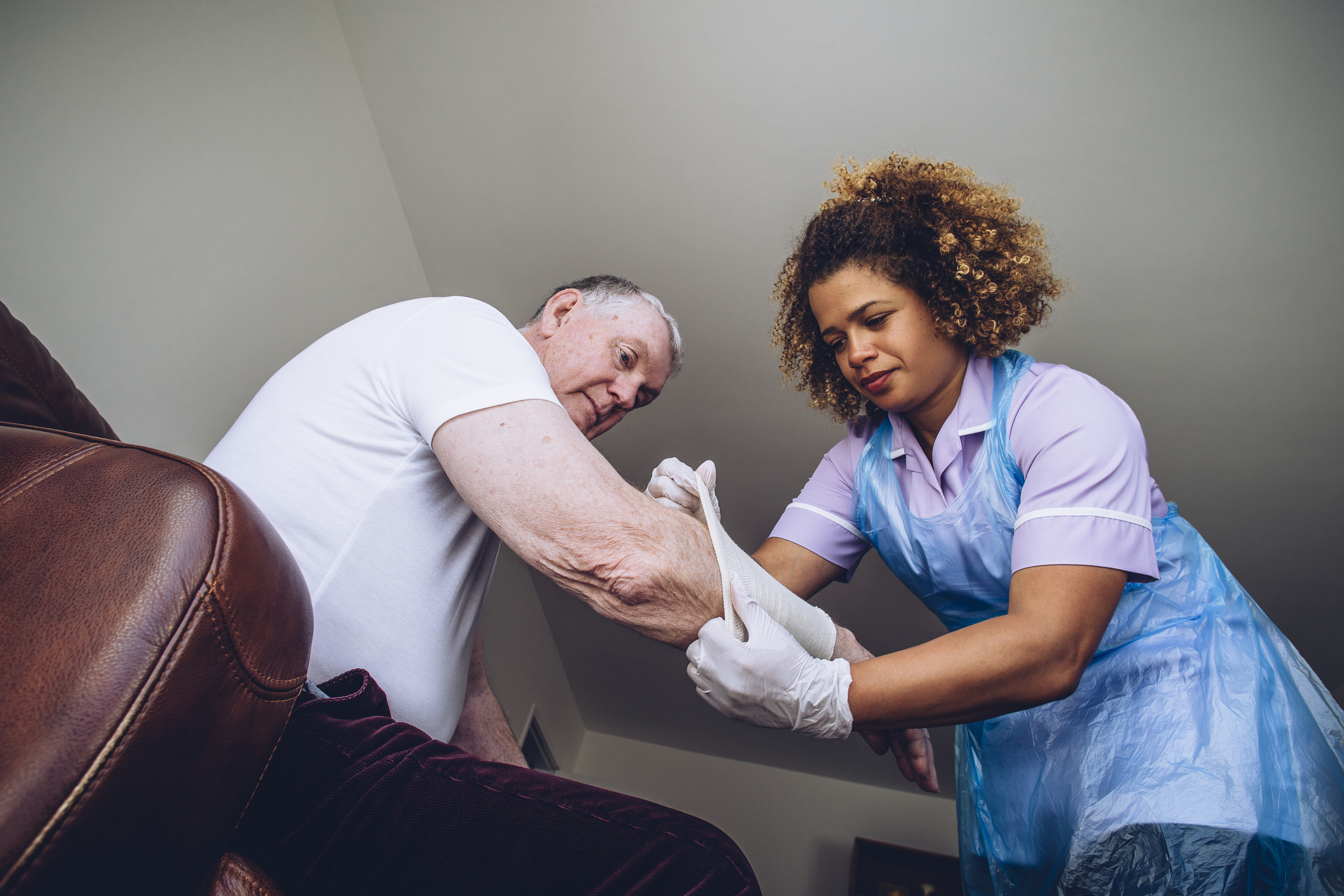Changes to self-isolation rules for close contacts of Covid cases have been made in Scotland to allow essential staff in critical roles, including those in social care.
It will be possible to apply to exempt those who work in critical roles where staff shortages are in danger of putting essential services, such as health and social care, transport and the provision of food supplies, at risk.
Exemption will only be granted where members of staff voluntarily agree not to self-isolate. Staff must be double-vaccinated and in receipt of their second dose at least two weeks previously. They will also need to have a negative PCR test and to agree to have daily lateral flow tests.
Exemptions will be made on a temporary basis and last only for as long as there is an immediate risk to business or service continuity.
First Minister Nicola Sturgeon said: ‘We have seen significant staff shortages in a small number of organisations in recent days and we have worked with them to protect services.
‘Clinical evidence tells us we can safely and effectively release some critical staff from self-isolation, with appropriate safeguards. However, this is a very limited change at this stage, to be applied on a case by case basis and only where absolutely necessary.
‘We will not allow key services to be threatened by staff shortages but equally we must continue to protect public health.’

However, executive chair of Renaissance Care Robert Kilgour said the solution offered by the Scottish government was a ‘bureaucratic nightmare’ that was ‘impracticable and unworkable’.
The provider usually has 4% of staff off at any one time but this has risen to between 7-8%, still below the 14% peak in May last year.
On Monday (26 July), six members of staff at one of its care homes were ‘pinged’ to self-isolate. Kilgour said the care home manager must prove to both Public Health Scotland and local health and social care partnership that it faces an ‘extremis situation’. He said the care home was still waiting for a response from them this afternoon (Tuesday 27 July), leaving it unable to plan properly.
Kilgour said care home managers did not have time for the added paperwork involved in the exemptions and that the government did not trust them to make decisions but instead expected them to ‘jump through hoops’.
Last week, the UK government announced double vaccinated frontline NHS and social care staff in England who have been told to self-isolate can attend work in exceptional circumstances.








 ©2024 All rights reserved LaingBuisson
©2024 All rights reserved LaingBuisson 


